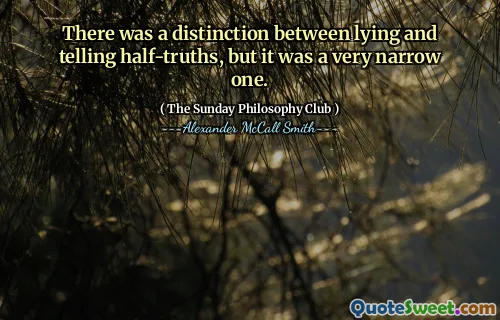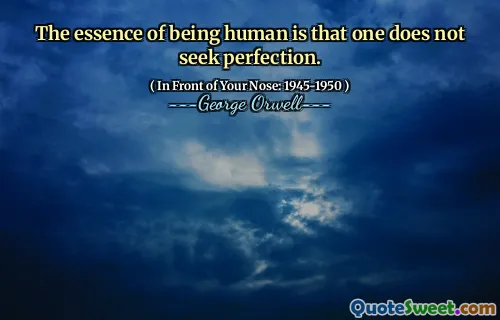
If you're not gonna tell the truth, then why start talking?
This quote highlights the fundamental importance of honesty in communication. It challenges the listener or speaker to consider the purpose and value of dialogue. When honesty is compromised, the essence of meaningful conversation deteriorates. If someone chooses not to tell the truth, initiating conversation might be futile or even harmful, as it could lead to misunderstandings, mistrust, or deception. The quote implicitly emphasizes integrity, suggesting that dialogue should be rooted in truthfulness to be worthwhile. It also raises questions about motives—if honesty isn't part of the intention, then perhaps speaking is unnecessary or counterproductive.
From a personal perspective, I believe that truth forms the foundation of authentic relationships, whether personal, professional, or societal. When we break the bond of honesty, we risk losing credibility and connection. The quote prompts us to reflect on whether our words serve a purpose or simply add noise. It advocates for intentional and truthful communication, recognizing that well-founded words foster trust and understanding.
Moreover, the statement can be seen as a call for integrity in interaction. It suggests that if we are not prepared to be sincere, then withdrawing or choosing silence might be better than engaging dishonestly. In a broader context, its relevance touches on societal issues like transparency, justice, and morality. In essence, genuine conversations are built on honesty, and without it, the foundation of meaningful exchange crumbles.
Overall, this quote encourages us to examine our motives before we speak and to ensure that sincerity guides our words. Effective communication hinges on truth, fostering respect and trust, essential elements for healthy relationships and societal cohesion.











